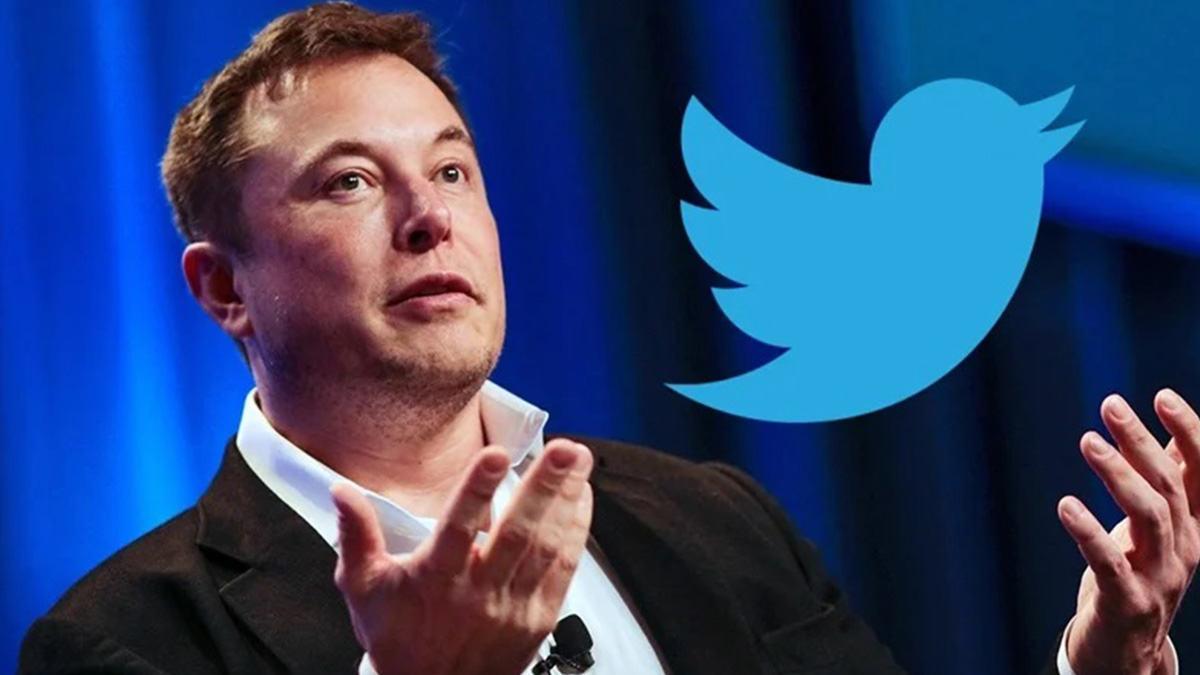Elon Musk response to Twitter lawsuit to be made public

Elon Musk response to Twitter lawsuit to be made public
Twitter’s lawsuit attempting to force Musk into completing their $44 billion acquisition was officially responded to by Elon Musk‘s legal team on Friday.
Tesla CEO Elon Musk’s team argues, in its response to Twitter’s complaint, that the company’s allegations are inaccurate and that his exit from Tesla is unjust. During the negotiations, his team repeatedly claimed Twitter had misstated the number of spam bots on its platform – a charge Musk used to justify dumping the acquisition agreement.
Using Twitter’s “firehose” of tweets and a publicly available tool created by researchers at the Indiana University, Musk’s team analyzed fake and spam accounts on the platform, according to a public response filed on Friday. Twitter’s information and time were “constrained” by its analysis, the report said. It didn’t specify how that evaluation was conducted.

Musk claims that a 33% share of visible Twitter accounts and 10% of Twitter’s monetizable daily active users came from spam bots during the first week of July. The number of spammy and fake bot accounts on Twitter has consistently been reported to be below 5% of its daily active users.
In response to Musk’s claims that spam bots are prevalent on Twitter, Twitter has repeatedly denied these claims. A link to Twitter’s response to Taylor’s response and counterclaims was tweeted by the company’s board chair on Thursday evening. Taylor said Musk’s claims are “actually inaccurate, legally insufficient, and commercially irrelevant.” (Musk’s team submitted a confidential version to Twitter (TWTR) for review and redact.)

The company says Musk’s analysis of spam bots does not reflect all Twitter accounts, and that Botometer is a separate service from Twitter’s to identify bot accounts. Botometer added that Botometer had predicted Musk would be a bot earlier this year.
Tweets between Twitter and Musk provide a preview of what each side will argue in court, assuming the two sides don’t settle before trial. As a result of Twitter’s request for expedited proceedings, the trial is set to begin on October 17.
Tesla Inc. CEO Elon Musk last month sought termination of his Twitter acquisition agreement, accusing the company of misleading him about the number of bot accounts on its platform and omitting information that could help him evaluate the matter. After the billionaire violated the agreement, Twitter filed a lawsuit against him seeking a court order compelling him to carry out the agreement.
Musk’s response not only emphasized his concern over bot accounts but also criticized the way Twitter represents its growth to advertisers and shareholders through monetizable daily active users.

Twitter’s public filings suggest that mDAU is the key indicator of future revenue growth potential and long-term performance, but Musk contends that only a small percentage of Twitter’s mDAU generates significant revenue for the company through ad viewing and engagement.
Musk’s answer indicates that Twitter does not disclose its mDAU counting methodology or how it excludes non-monetizable accounts. In turn, any third party trying to recreate Twitter’s mDAU calculation would have a very difficult time doing so.” As Musk describes it in his response, Twitter’s executives are motivated to report “high mDAU numbers” to arouse investor interest.
Musk’s team explains that Musk is concerned about spam bots because “converting non-profit users into active users … is no easy task. ” Musk’s team adds: “A company trying to maximize engagement would invest significant resources into improving Twitter to target fake or spam accounts effectively.”
Musk’s team points out that a company focused on expanding its active user base would invest substantial resources into optimizing Twitter to maximize engagement, such as by identifying and removing spam.

Tweetdeck responded to Musk’s counterclaims by saying that its mDAU count does not show how many users generate significant revenue from interactions with ads, but rather shows how many real users are monetizable. As well, the court stated that Musk’s claim regarding mDAUs was not included in his initial termination filing and was “a newly invented position in a legal dispute.”
Additionally, the company claims that bots are not germane to the purchase deal, and never have been. Twitter’s response states that Musk has received enormous amounts of information from them, but has not been able to back out.
Twitter General Counsel Sean Edgett wrote to employees in Friday’s regulatory filing that there were options for redactions in Musk’s answer; however, Twitter chose not to. As a previous request to the judge, Twitter requested Musk’s team not file the public answer early so that they could review it for redactions before it is filed.
“We did not redact any information–we stand by our submissions to the SEC, the methodologies used in calculating mDAU calculations, and our statements about spam accounts,” Edgett wrote.




